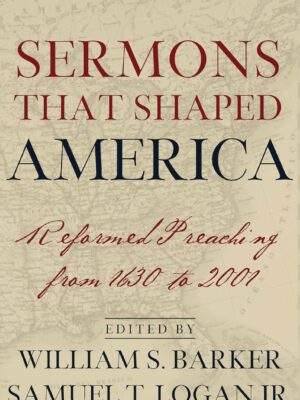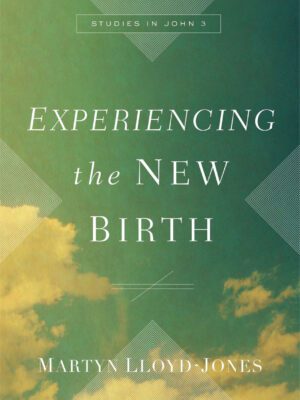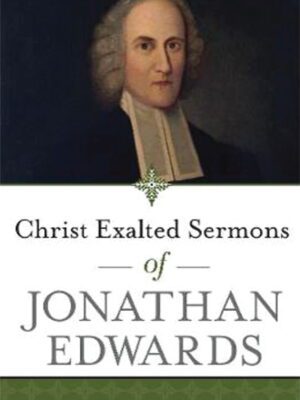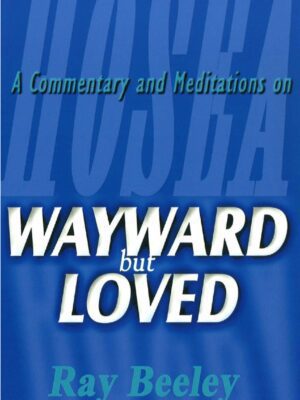ENDORSEMENTS
‘I have come to know him so well that I could choose him out from among a thousand divines if he were again to put on his portly form, and display among modern men that countenance wherein was a ‘great mixture of majesty and meekness.’ His works occupy twenty-two volumes in the Victorian reprint: a mighty mountain of sound theology. They mostly consist of sermons; but what sermons! They are not so sparkling as those of Henry Smith, nor so profound as those of Owen, nor so rhetorical as those of Howe, or so pithy as those of Watson, nor so fascinating as those of Brooks; and yet they are second to none of these. For solid, sensible instruction forcibly delivered they cannot be surpassed. Manton is not brilliant, but he is always clear; he is not oratorical, but he is powerful; he is not striking, but he is deep. There is not a poor discourse in the whole collection: he is evenly good, constantly excellent. Ministers who do not know Manton need not wonder if they are themselves unknown.’ — CHARLES SPURGEON
‘If ever there was an English divine who must be classed as a Puritan, that man is Manton… his works, like [Bunyan’s] Pilgrim’s Progress, deserve the attention of all true Christians…As an expositor of Scripture I regard Manton with unmingled admiration. Here, at any rate, he is facile princeps [easily first] among the divines of the Puritan school…In days like these, I am thankful that the publishers of Manton’s Works have boldly come forward to offer real literary gold to the reading public.’ — J.C. RYLE
BOOK DESCRIPTION
The Works of Thomas Manton (1620–1677) present us with an outstanding example of what was most characteristic in the ministry of the English Puritans: careful, solid, warm-hearted applicatory exposition of the Scriptures. The entire twenty-two volumes are composed of sermons — the legacy of a lifetime devoted to the patient and systematic teaching and application of God’s word. Like his younger contemporary, John Flavel, Manton’s Works are characterized by great pastoral concern and a balanced wisdom. He was, said William Bates in his funeral sermon, ‘endowed with an extraordinary knowledge in the Scriptures’ and this enabled him to exercise a sustained ministry of verse-by-verse preaching without losing the interest of his congregation.






